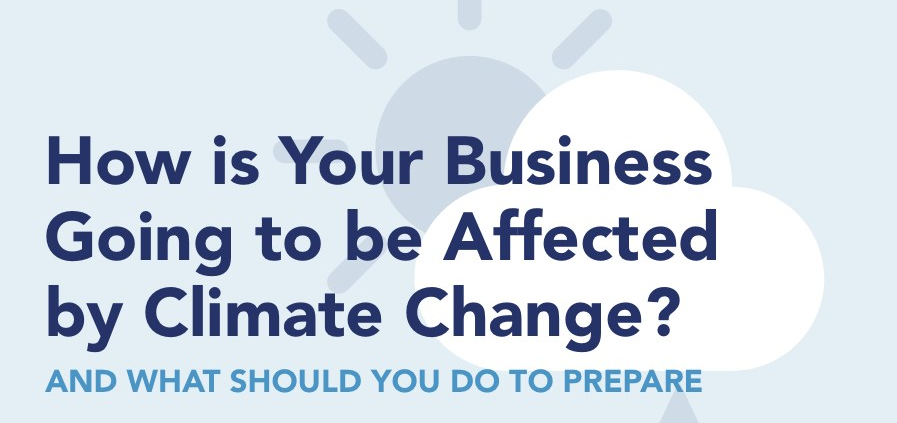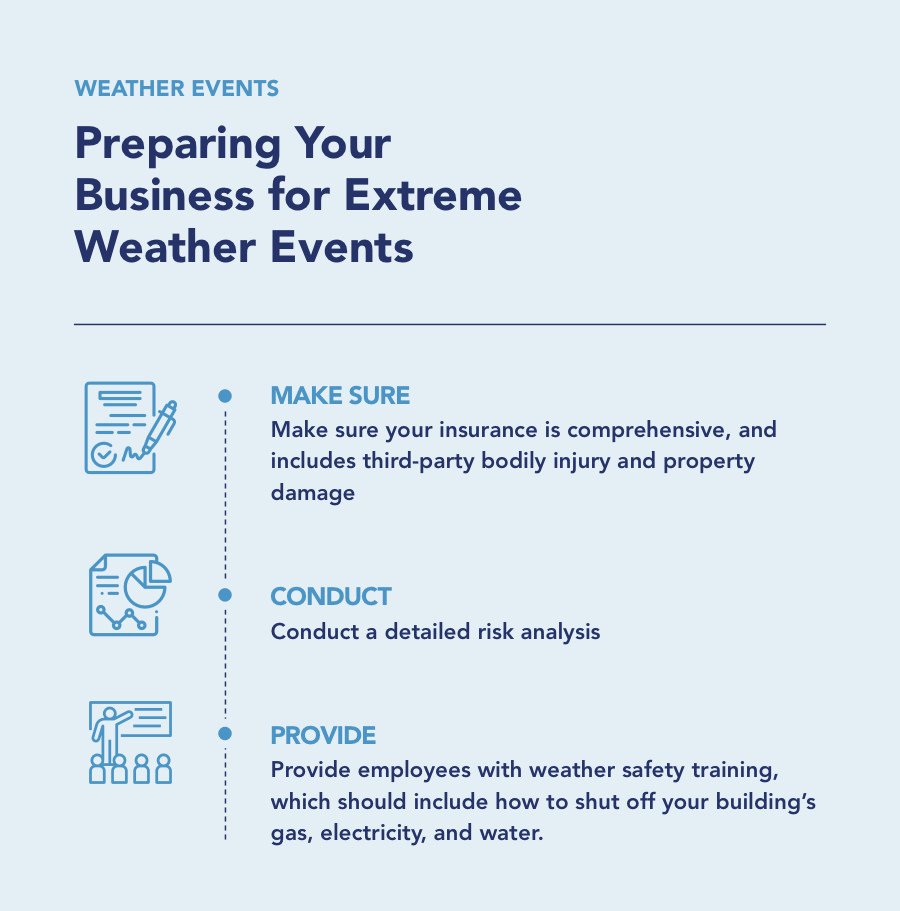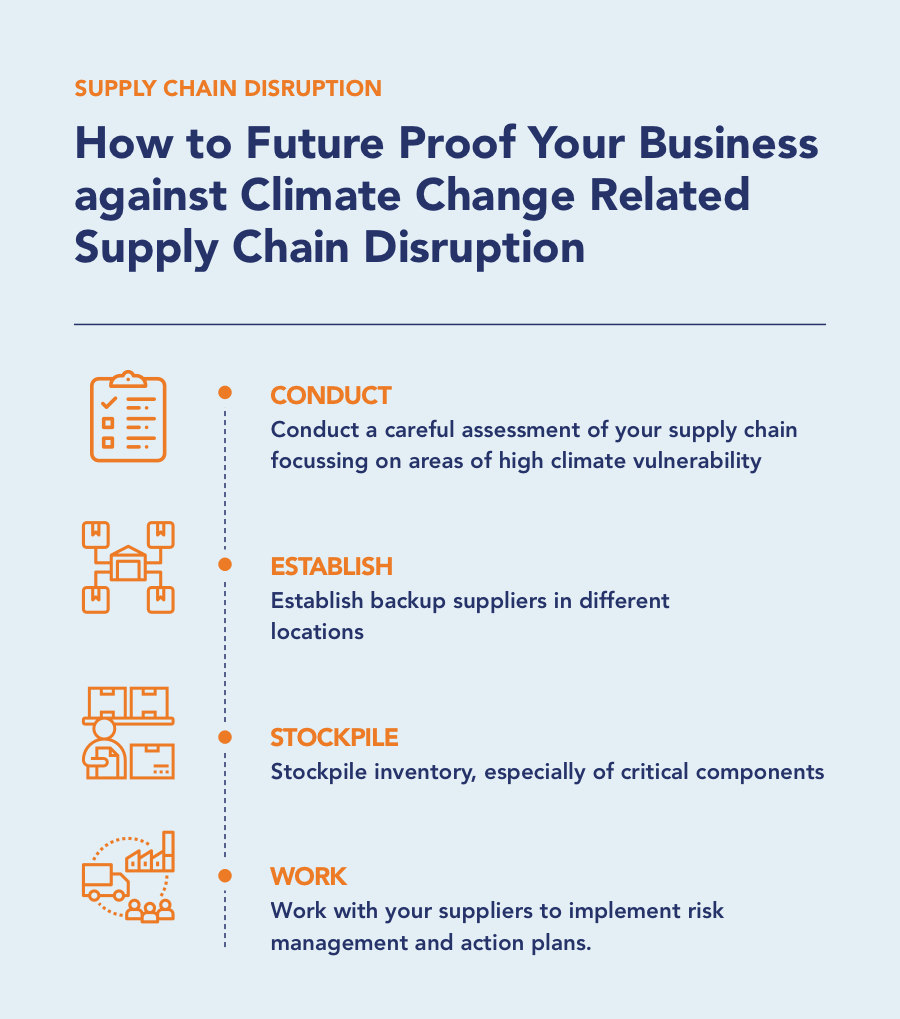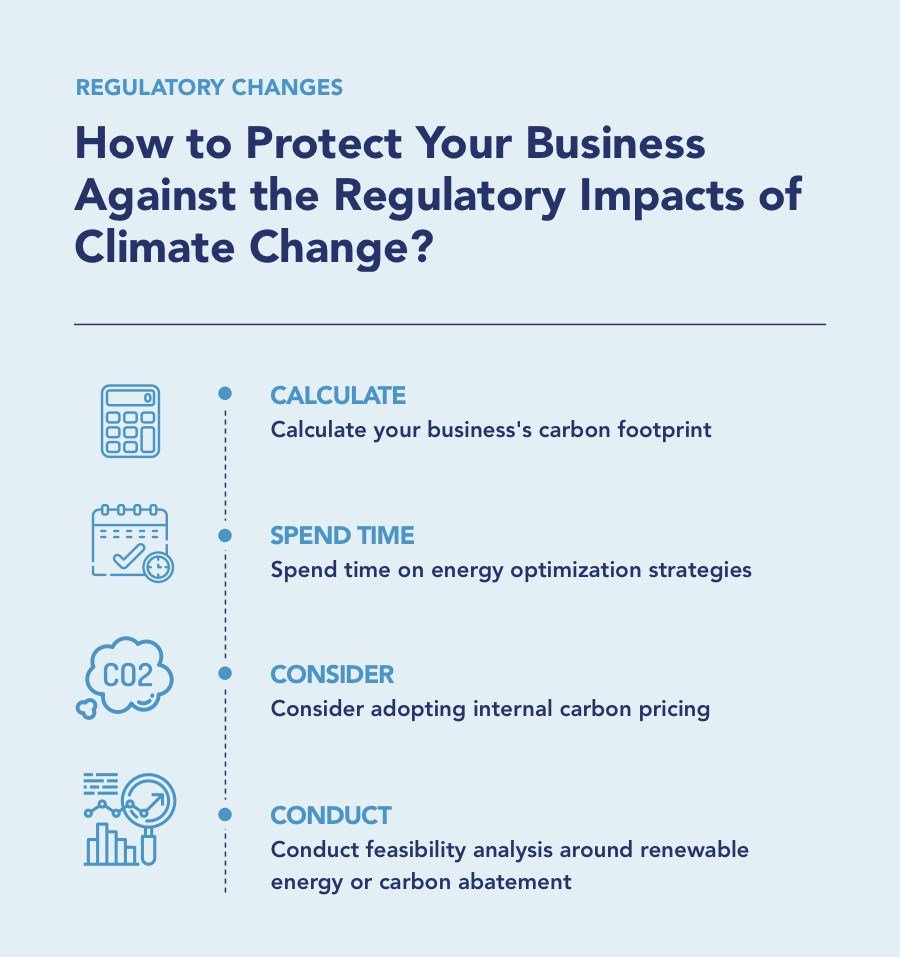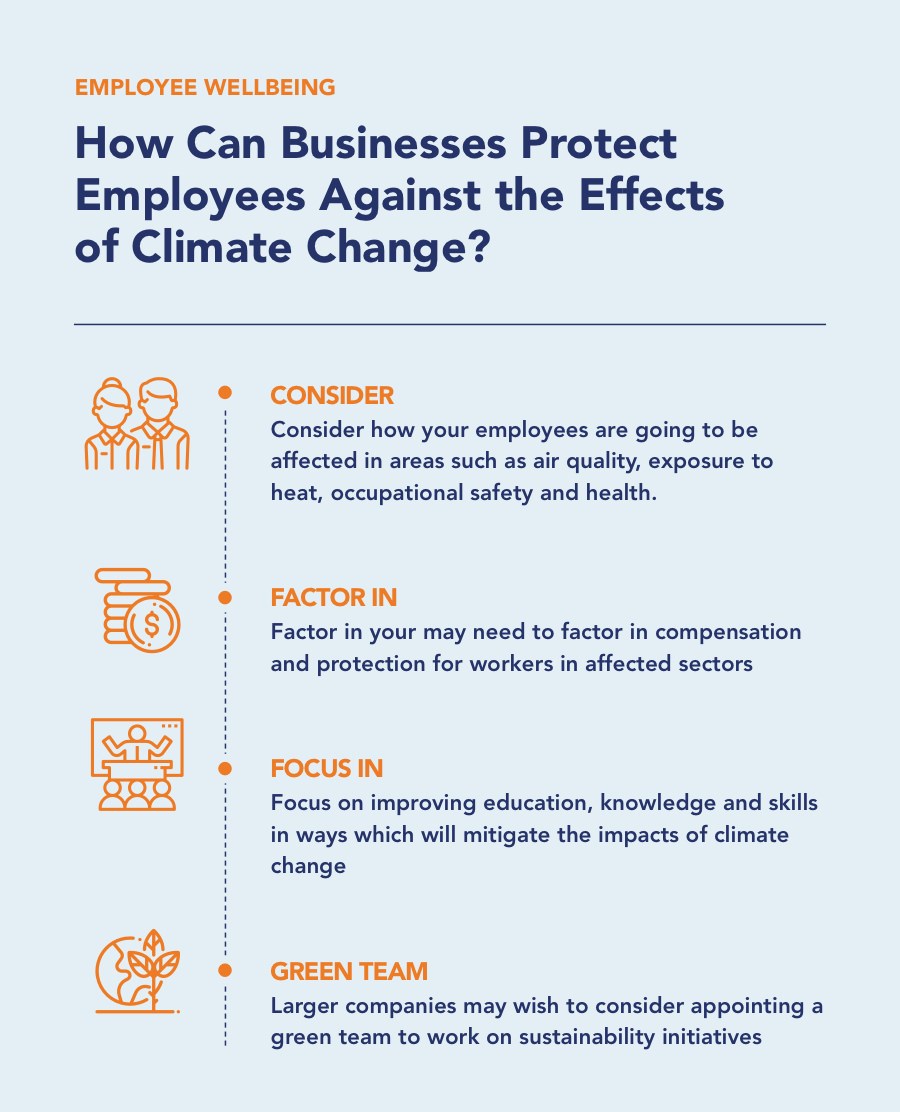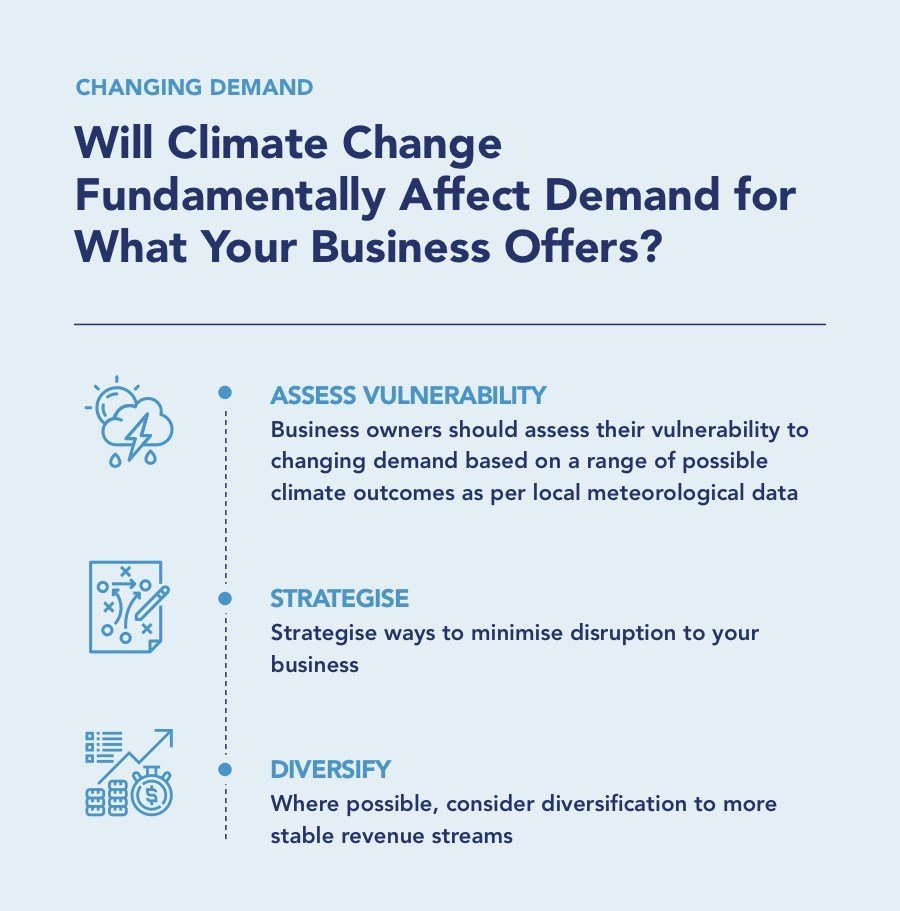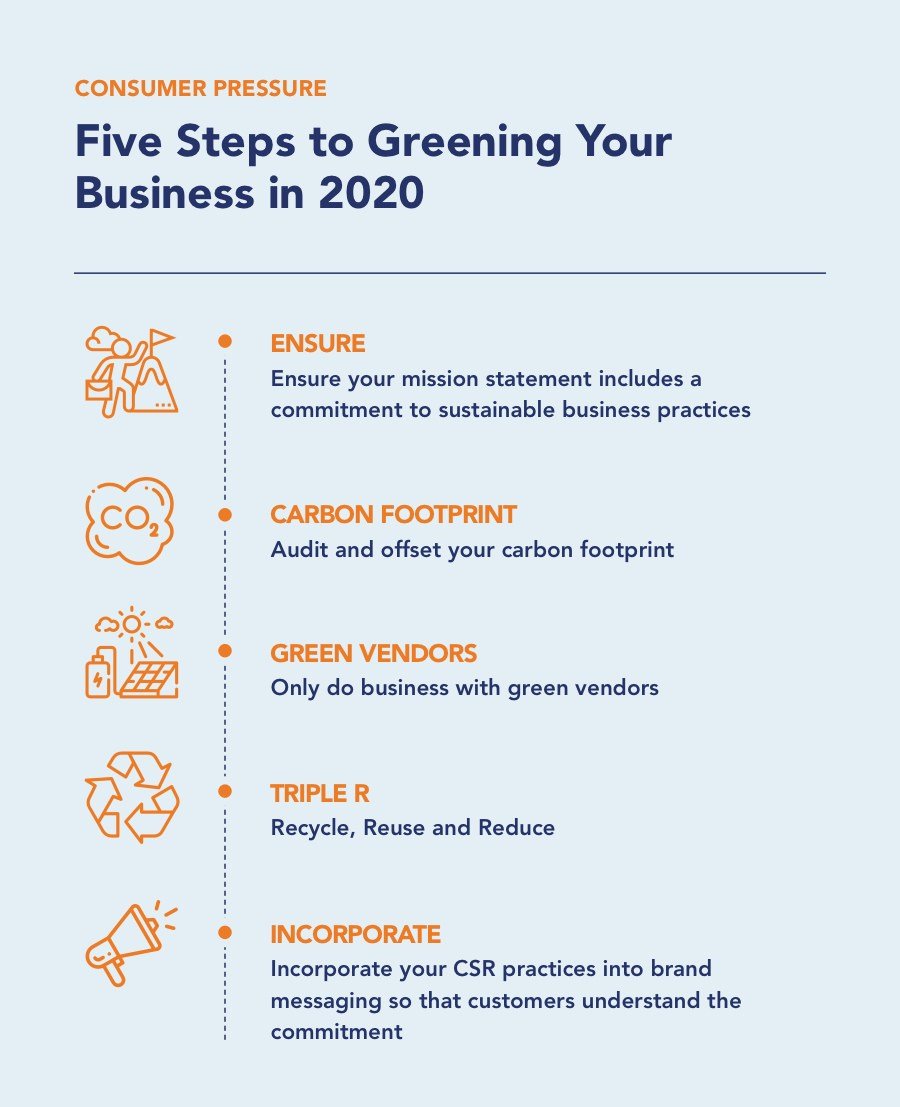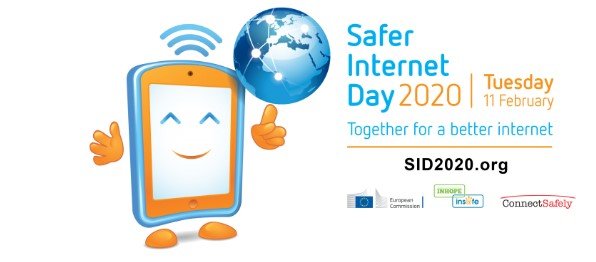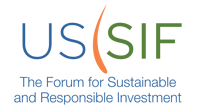Nobody expects the Spanish Inquisition
It’s been an especially brutal week so far in the markets, which reminds us of a classic Monty Python sketch.
Nobody Expects the Spanish Inquisition.
We can’t claim to have seen the new Coronavirus, COVID-19 coming. That’s kind of the point. Outbreaks happen suddenly and without warning. There are no ‘catalysts’ for an event like this, and as investment managers and Financial Advisors, the past few days have been difficult, to say the least. Bob and I have been on the phone with clients constantly, and expect to hear from more in the coming days. There are a few common threads to these conversations:
The Chief Weapon is Surprise… Surprise and Fear. Fear and Surprise
Like the Spanish Inquisition, the COVID-19 virus plays on our fears. As investors, we have to balance what we see and read against the goals we set and our timelines. We’ve been devouring as much information about the current outbreak as we can, attending webinars from our partners at MSCI (based on research they published a few weeks ago), reading the thoughts of managers that specialize in investing in the asian markets, and talking with clients about their goals, their timelines to meeting their goals, and whether our current strategy is still appropriate. I’m thankful that we started having these conversations at the beginning of the year, and that we’ve focused on how much risk is appropriate to take.
The truth is, nobody knows when something like this will hit, how bad it will get, or where the ‘bottom’ will be. All we can do is think through the amount of risk we’re willing to take, and stick with that strategy, having faith that this too shall pass. We invest for a reason, whether that’s saving for a house, college, retirement, travel, or any of the other reasons we save, there is always a reason. I encourage you to think beyond the short term fluctuations of the markets, and evaluate your overall strategy. Are you taking the right amount of risk for you?
We recommend some comedy to get you through the week.
And Bright Red Uniforms:
If you would like to meet with us to review your risk tolerance, here’s our scheduling tool:


